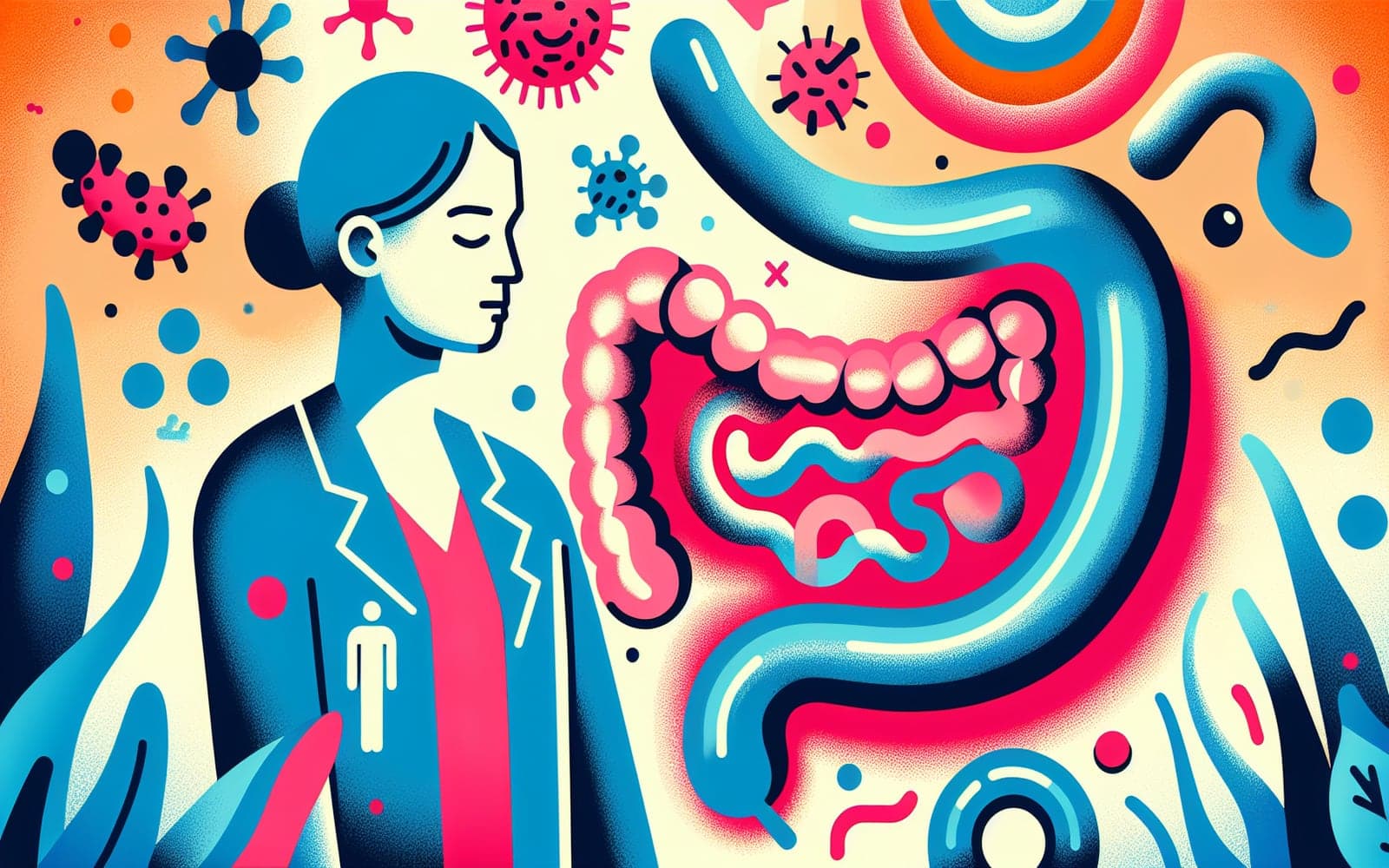Is H. pylori the Hidden Culprit Behind Your Stomach Ulcers?
Published: Dec 01, 2023

Medically reviewed by Jerome Albert Ecker | MD, Assistant Professor of Medicine, Duke University - Durham, NC on December 1st, 2023.
Helicobacter pylori (H. pylori) is a sneaky bacterium that might be causing your stomach ulcers. Understanding its role in duodenal ulcers can help you manage your health better.
Contents
H. pylori and Duodenal Ulcers: The Connection
H. pylori is present in most people with duodenal ulcers not related to NSAID use. This infection is a significant risk factor and is often detectable before ulcers develop. Eliminating H. pylori from the body has been shown to prevent ulcer recurrence.
Changing Prevalence of H. pylori
While once prevalent in ulcer patients, H. pylori is now less common in some regions. In the U.S. and parts of Europe, the infection rate in ulcer patients has dropped to 50-75%. However, it remains high in Asia, affecting the treatment approach in different areas.

The Role of Other Factors
Not all H. pylori infections lead to ulcers, suggesting other contributing factors. These include bacterial strains, genetic predispositions, and lifestyle choices like smoking. Understanding these can aid in better managing and preventing ulcers.
Frequently Asked Questions
H. pylori is found in 80-95% of duodenal ulcer patients.
Yes, eradicating H. pylori can significantly reduce ulcer recurrence.
Yes, especially in the U.S. and Europe, but it remains high in Asia.
Yes, factors like genetics and lifestyle also play a role.
Key Takeaways
Understanding the role of H. pylori can help you make informed decisions about your ulcer treatment.
Talk to Doctronic about how H. pylori might be affecting your health!Related Articles
References
Ciociola AA, McSorley DJ, Turner K, et al. Helicobacter pylori infection rates in duodenal ulcer patients in the United States may be lower than previously estimated. Am J Gastroenterol 1999; 94:1834.
Tytgat G, Langenberg W, Rauws E, Rietra P. Campylobacter-like organism (CLO) in the human stomach. Gastroenterology 1985; 88:1620.
This article has been reviewed for accuracy by one of the licensed medical doctors working for Doctronic. Always discuss health information with your healthcare provider.

